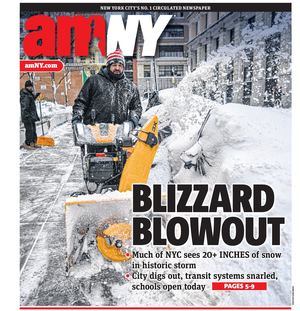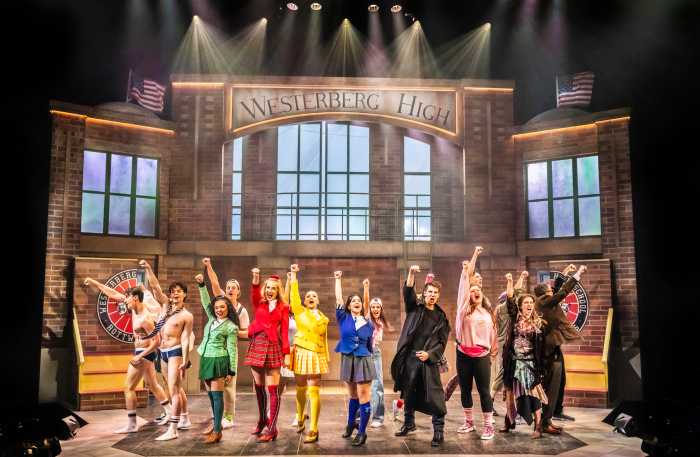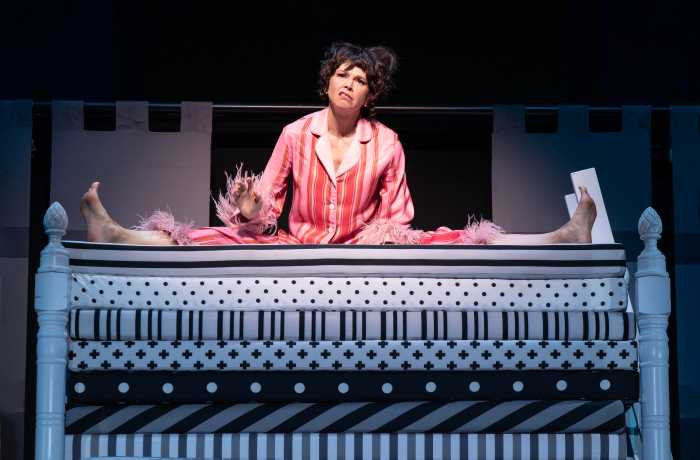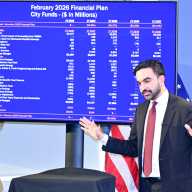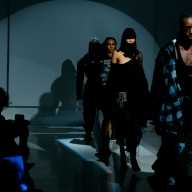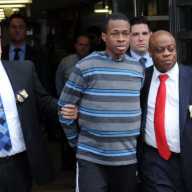Pride Month 2025 draws to a close amid an increasingly fraught cultural landscape. Although the past New York theater season was almost entirely programmed before the 2024 election and thus not directly shaped by Donald Trump’s return to the presidency, a new political reality is beginning to take hold.
Looking ahead, theater institutions may face heightened scrutiny over programming choices that embrace LGBTQ themes. Even in New York, long considered a cultural stronghold, political pressure could cast a long shadow.
Nonprofit theaters, in particular, could be vulnerable to attacks claiming that their artistic decisions are driven by DEI ideology. In a political climate increasingly hostile to those frameworks, such accusations might threaten their eligibility for federal grants or even jeopardize their tax-exempt status.
The result may not be overt censorship, but quiet retreat, with choices made behind the scenes to avoid becoming a target.
Nowhere have these tensions been more visible than at the Kennedy Center in Washington, D.C., where a conservative shift in leadership under Donald Trump and Richard Grenell has raised alarms across the arts community. The Kennedy Center’s abrupt cancellation of “Finn,” a well-received children’s musical about identity and self-acceptance, coincided with Trump’s inflammatory remarks criticizing “drag performances specifically targeting our youth.” Although “Finn” contained no drag content, its queer-positive themes rendered it vulnerable in today’s cultural climate.
In response, a benefit concert of “Finn” was staged in New York with a cast of Broadway performers. Democratic members of Congress also rented a performance space at the Kennedy Center itself to host a Pride Month concert.
Amid these political headwinds, the standout theatrical event of the recent theater season in terms of LGBTQ representation was “Oh, Mary!,” Cole Escola’s riotous, absurdist farce centered on a fictionalized, fully unhinged version of Mary Todd Lincoln.
Written by and starring Escola, who identifies as non-binary, the play depicts Mary as a drunken, dim-witted narcissist, while Abraham Lincoln is portrayed as emotionally repressed and closeted. What could have been tossed-off sketch comedy instead became a surprising cultural flashpoint: a work of queer theatrical imagination, camp provocation, and subversive historical remix.
And the show’s reach will only expand. Tituss Burgess recently took over the role, and will soon be succeeded by Jinkx Monsoon, the drag superstar who has become a fixture in New York theater through scene-stealing turns in “Chicago,” “Little Shop of Horrors,” and “Pirates! The Penzance Musical.”
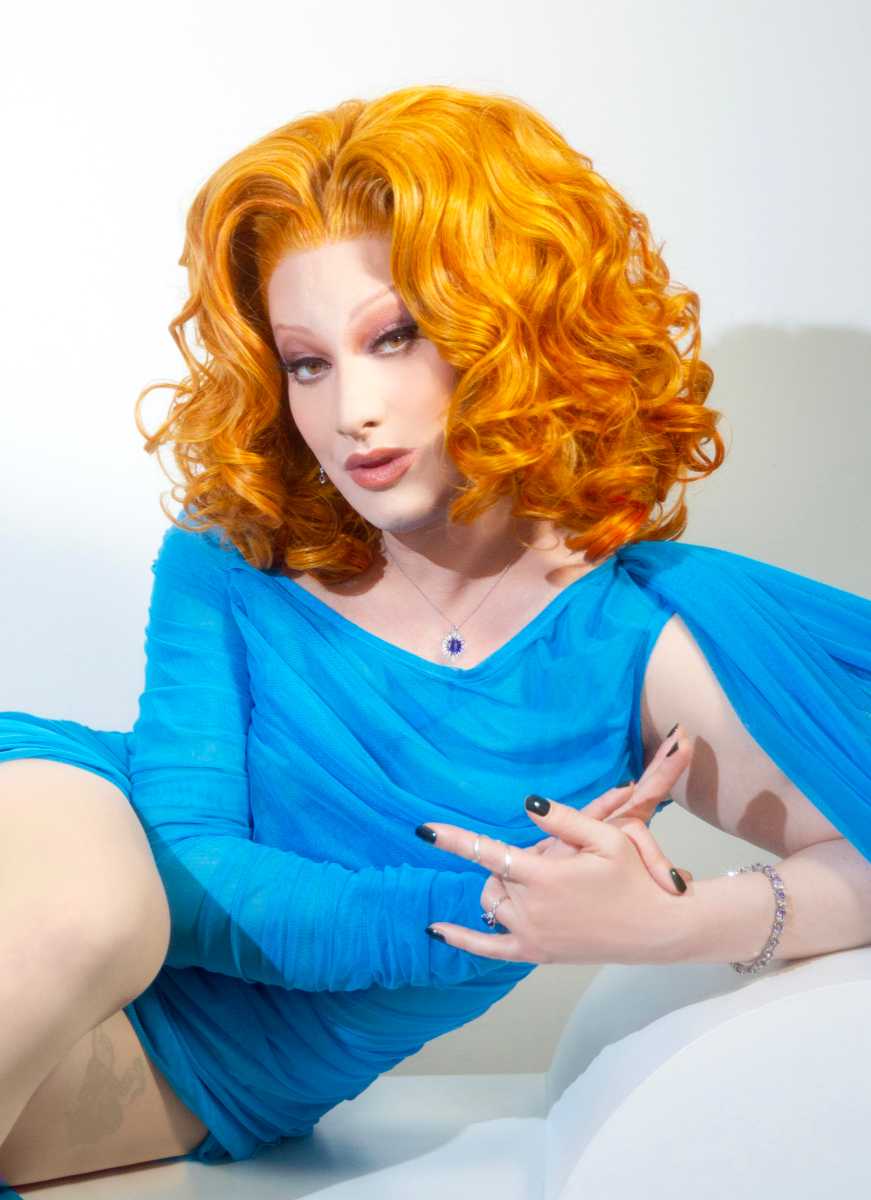
That same love of theatrical excess and coded rebellion found a very different expression in “Death Becomes Her,” a musical adaptation of the 1992 cult film. With its spectacular costumes, undead characters trading zingers about vanity and immortality, and an opening number in which Megan Hilty pays tribute to both Liza and Judy, its DNA is steeped in gay culture.
Closing this month was “Titanique,” the long-running Céline Dion-infused parody that gleefully rewrote the blockbuster film “Titanic” as a camp spectacle. Beloved for its over-the-top humor, pop nostalgia, and unapologetically queer energy, the show built a devoted gay fan base during its successful commercial Off-Broadway run.
A much more divisive work is “Prince Faggot,” a new Off-Broadway drama by Jordan Tannahill, co-produced by Soho Rep and Playwrights Horizons, which imagines a fictionalized, grown-up Prince George of England exploring kink, queerness and monarchy. Whether one embraces or rejects the play, it is precisely the kind of daring work that could become rarer if institutions begin second-guessing themselves in response to political rhetoric.
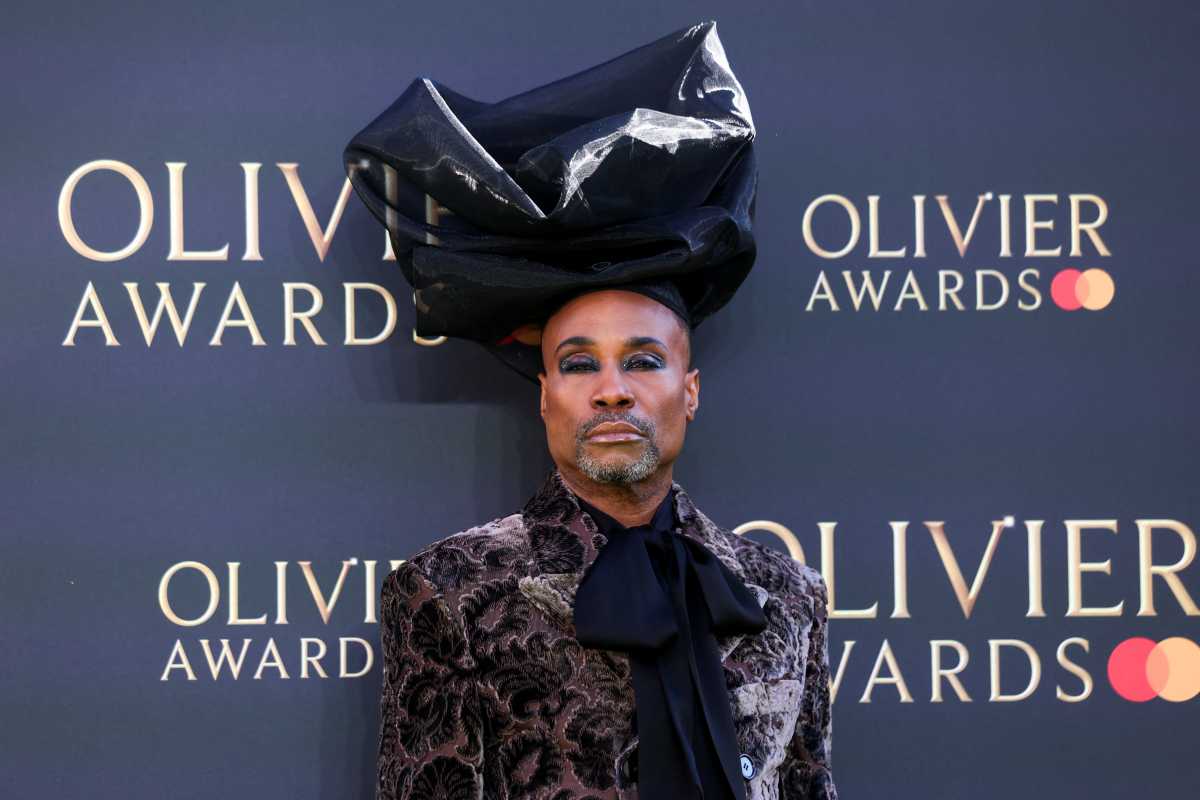
Looking ahead, New York City Center signaled a defiant artistic stance with its upcoming Encores! production of “La Cage aux Folles,” the groundbreaking 1983 musical with a book by Harvey Fierstein and score by Jerry Herman about a gay male couple whose son’s engagement to the daughter of a homophobic politician prompts a comedy of deception.
The production will star Billy Porter as the drag star Albin, who sings the defiant anthem “I Am What I Am.” At a time when backlash against DEI initiatives is rising, the production feels as much like a statement as it does a revival.
Together, these productions reflect a theatrical ecosystem that remains creative and confrontational but increasingly aware of the risks.
The curtain may fall on June, but the queer stage is not going dark. Just as the theater mirrors the world, gay theater will likely continue to mirror our current cultural moment, with rage, truth, and laughter.
